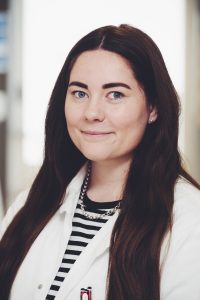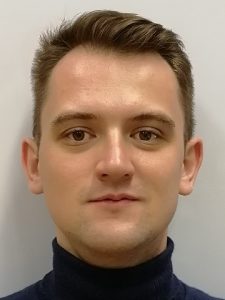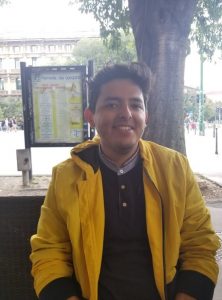The support that industry partners provide, through their membership in the Corporate Partnership Programme, ensures that outstanding scientists – from PhD students to established investigators – are not excluded from attending an EMBL scientific conference or practical training course, or working in an EMBL research laboratory or core facility as a visiting scientist, due to a lack of funds to cover fees or travel expenses.
Enabling participation in EMBL courses and conferences
Since 2010, more than 2,500 scientists representing 102 nationalities have received Corporate Partnership Programme fellowships to attend scientific conferences and practical courses at the EMBL Advanced Training Centre – bolstering EMBL’s standing as the premier meeting place for young molecular life scientists in Europe and beyond. These conferences and courses enable scientists to communicate their latest research findings and to obtain hands-on training with state-of-the-art techniques and instruments.
“The support from our Corporate Partners is tremendously important, especially for the many young scientists who can only attend our scientific events thanks to these fellowships,” says Jürgen Deka, Head of External Scientific Training of EMBL’s International Centre for Advanced Training (EICAT). “Most of the selected recipients are in the very early stages of their scientific careers, and attending a course or conference at EMBL gives them the opportunity to meet and network with the best scientists in their field.”
Fellowship recipients are selected by the scientific organisers during the abstract review. They are awarded to outstanding young scientists who will make an important contribution to the EMBL Course and Conference Programme, and are specifically aimed at those from countries seeking to build scientific expertise and promote the growth of their scientific communities. More information about these fellowships is available for interested course and conference participants, including the application process and deadlines.
Supporting access to EMBL facilities
The Corporate Partnership Programme continues to provide financial support for scientists to train and collaborate in EMBL research groups and core facilities. Each year, the Christian Boulin Fellowships programme offers 10 to 15 fellowships of up to €1,500 each, which cover the travel and accommodation costs of young scientists visiting core facilities at EMBL’s sites to learn and use the latest scientific techniques and thus advance their ambitious research projects.
The Corporate Partnership Programme supports the brightest minds in the molecular life sciences with fellowships to attend scientific events at the EMBL Advanced Training Centre.

Taylor Cooney
CPP-supported Fellowship Awardee Taylor Cooney, Ferrier Research Institute, Victoria University of Wellington, New Zealand. EMBO Workshop: Chemical Biology, 2018.
Photo credit: Taylor Cooney
“Financial support for scientists within my institute is vital in ensuring we are able to travel overseas to make new connections and learn more about the happenings within our respective fields. New Zealand is geographically isolated, so travel can be expensive which means all financial support is beneficial in helping us to travel beyond Australia and New Zealand and learn more.”

Aleksei Tikhonov
CPP-supported Fellowship Awardee Aleksei Tikhonov, Engelhardt Institute of Molecular Biology, RAS, Russian Federation. EMBL Course: Liquid Biopsies, 2018.
Photo credit: Aleksei Tikhonov
“The Liquid Biopsy course gave me plenty of new insights for different applications of the technique in cancer research. I learned new techniques, discussed my project with top peers and met a lot of highly motivated young professionals. I incorporated the learned applications in my research and this really improved my current project.”

Juan Pablo Jauregui
CPP-supported Fellowship Awardee Juan Pablo Jauregui, Purdue University, USA. EMBL Course: Attacking Open Chromatin with ATAC-Sequencing, 2019.
“I study how changes in chromatin during ageing regulate transcription and cell survival in Drosophila photoreceptor neurons. I attended the ATAC-seq course, which helped me get a hold of a new genome-wide technique that we have not used in my lab before, and I got to apply it to my PhD thesis. Also, thanks to the course and meeting one of the course instructors, I will go back to EMBL in April to take part in the scientific visitor programme.”


